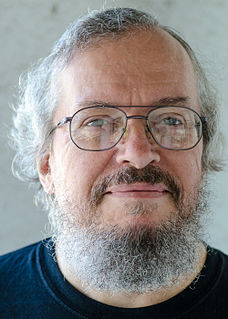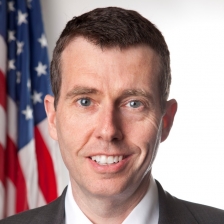A Quote by Sally Ride
Eventually private enterprise will be able to send people into orbit, but I suspect initially it's going to have to be with NASA's help. Whether it's going to be a consortium or one entity remains to be seen. I could be wrong. I could be one of the old fogies! Rocket science is tough, and rockets have a way of failing. It happens. A company has to be willing to bear the risk of its rocket failing. It's a very large capital investment.
Quote Topics
Related Quotes
The expense of getting into space is the rocket launch, the rocket itself. Rocket's right now, commercial rockets cost probably somewhere between $50, or $120, or $150 million per launch. And those are all expendable. That is, you've got to buy a new rocket for each launch. So, that really is the critical part. If there was some kind of really, a revolutionary breakthrough and the price of rockets fell by an order of magnitude, I mean, just imagine what that would do as far as getting access to more ordinary people.
Indeed the early history of rocket design could be read as the simple desire to get the rocket to function long enough to give an opportunity to discover where the failure occurred. Most early debacles were so benighted that rocket engineers could have been forgiven for daubing the blood of a virgin goat on the orifice of the firing chamber.
With space travel, [it's] no different. You know, in 1990 I read the name Virgin Galactic Airways. Loved the name. And set out to try to find an engineer or rocket scientist in the world who could build a safe, reusable rocket that could take people to and from space and we could start a whole new era of commercial space travel.






























